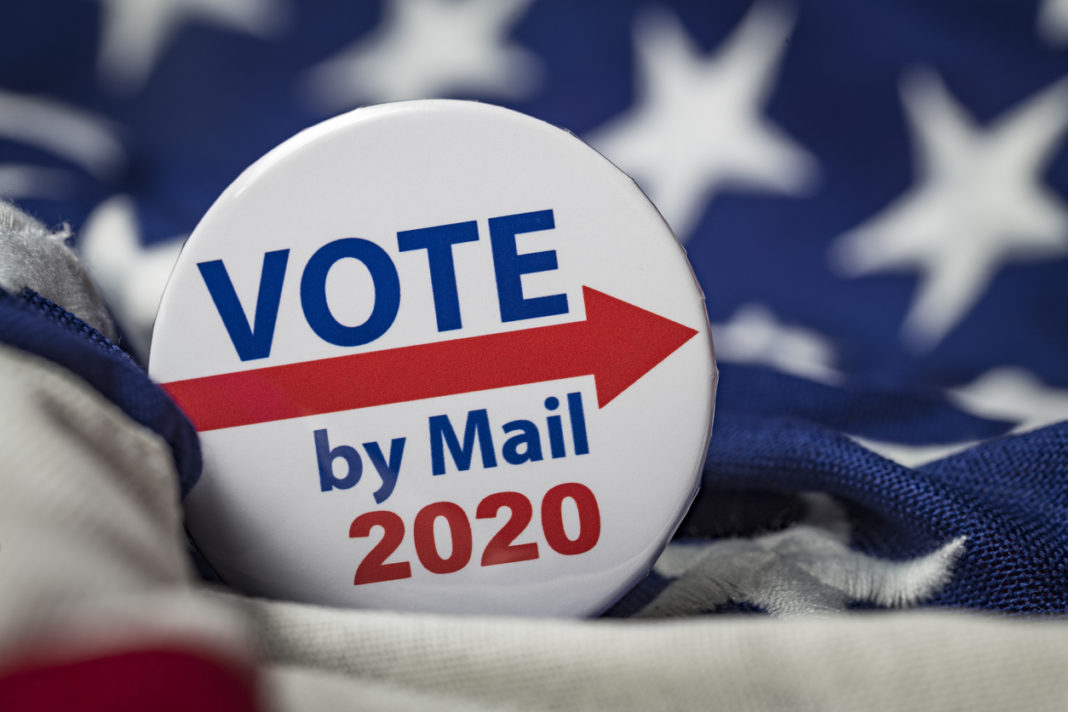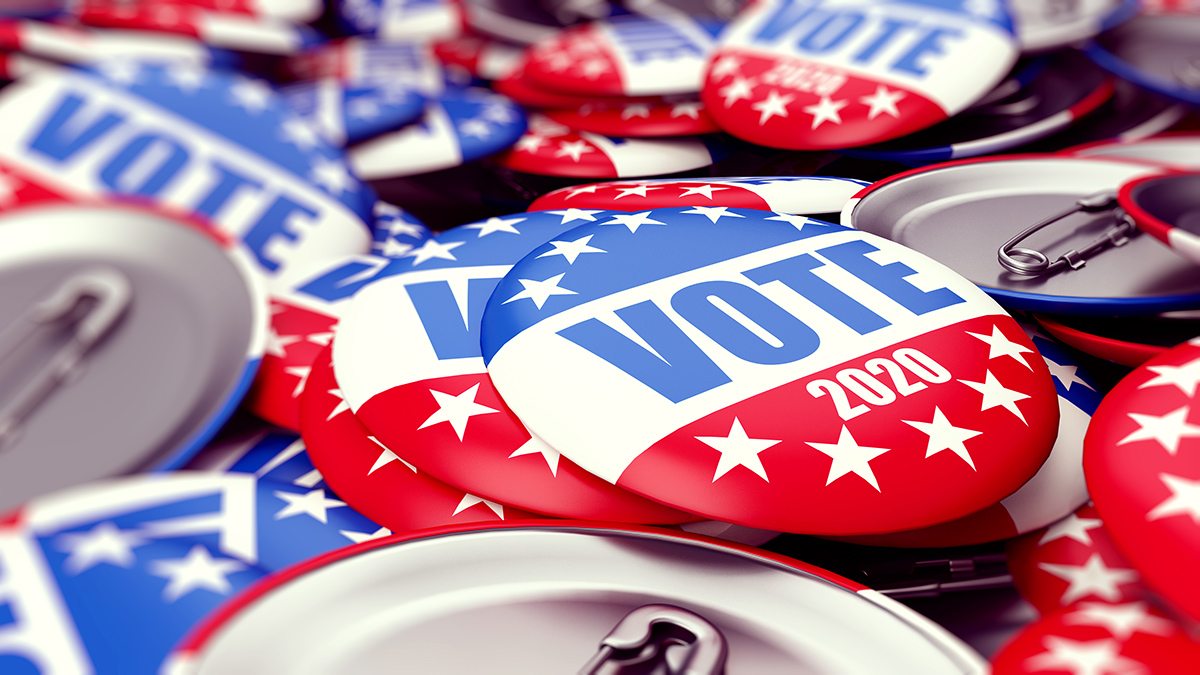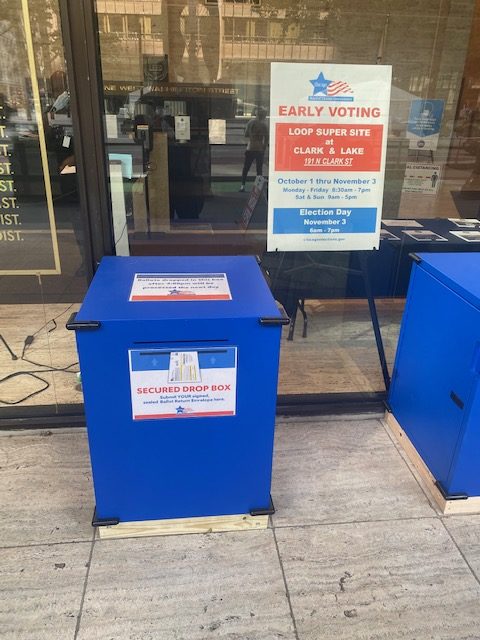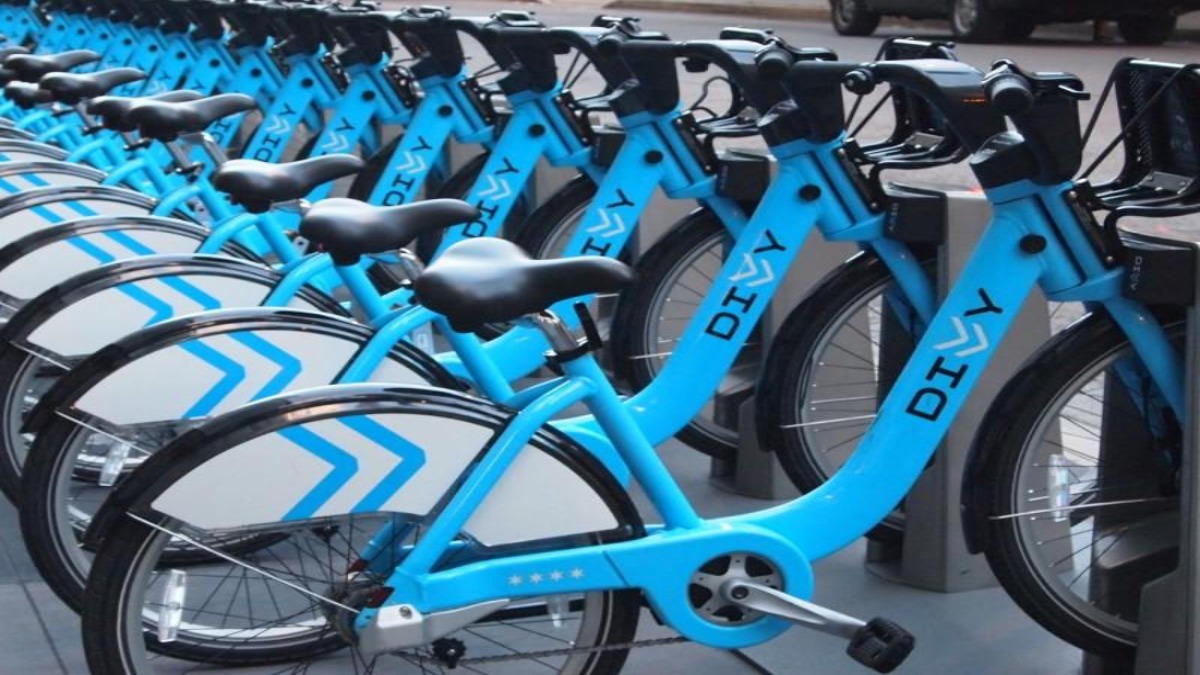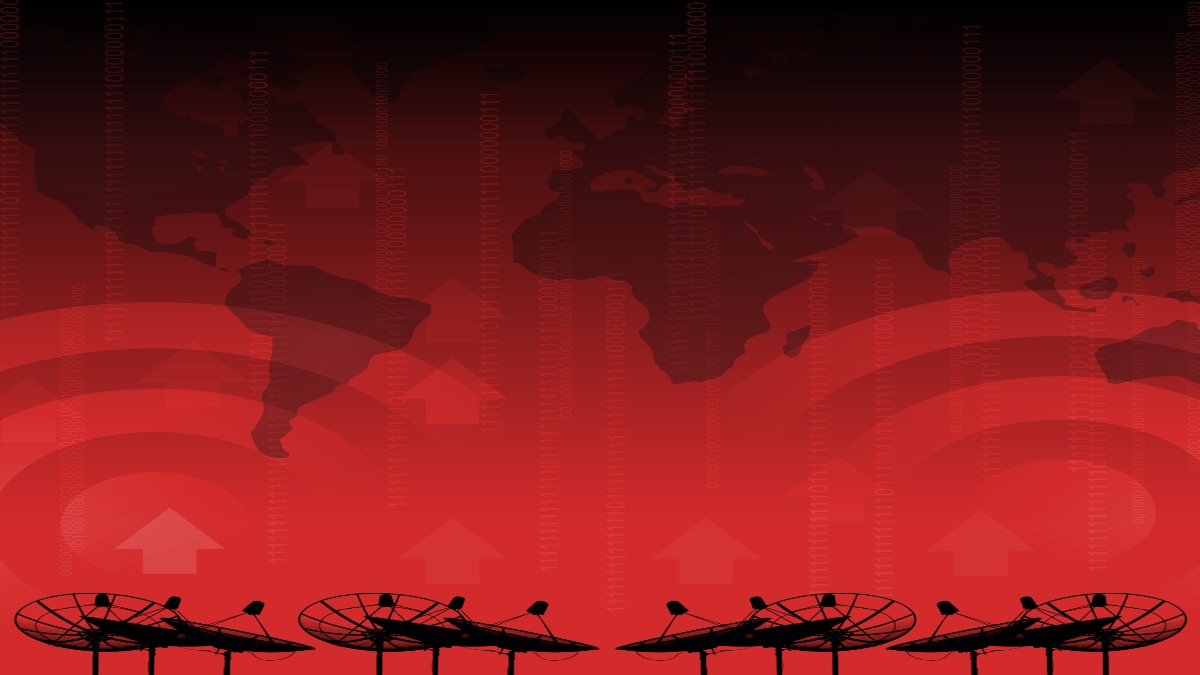Global Positioning System (GPS) Vulnerabilities
GPS Cyber Attacks in the shipping industry would cause billions of dollars in damage to the world’s economy. Just how vulnerable are the GPS systems in the shipping industry? Enigma Forensics CEO Lee Neubecker and Geary Sikich, Principal of Logical Management Systems, report on a GPS Cyber Attacks on maritime shipping lanes. Together, they analyze the vulnerability and offer solutions to thwart cyber attacks.
The International shipping supply chain is the main artery feeding the world’s thirst for importing and exporting food and manufactured goods without it the world would starve. According to the International Chamber of Shipping, (see link below) the maritime transportation system transports by sea approximately 95% of the goods internationally traded. With most of the goods and services dependent on maritime trade, it’s easy to see how important it is to safe keep the vulnerabilities of the GPS systems.
Check out this video to view a Realtime GPS Cyberattack
Transcripts of Video Follows
Lee Neubecker (LN): Hi. I’m Lee Neubecker and I’m back here with Geary Sikich on my show, thanks for coming back on Geary.
Geary Sikich (GS): Thanks Lee for having me. I appreciate it.
LN: So, what do you want to talk about today?
GS: Well, we can talk about transportation issues, we can talk about Coronavirus issues related to anything and everything.
LN: How about the cyber attacks that you were talking about earlier that took place in some of the cargo shipping.
GS: Yeah, I was just going to mention that we’ve had a number of incidents over, well, since March that I think would’ve occurred regardless of Coronavirus or not, but we’ve seen more and more shipping being attacked in cyber attacks with ransomware, with other types of interference. So, we’ve seen an uptick and there’s a lot of vulnerability and susceptibility within the shipping industry in that regard. They just had one this week.
LN: Yeah. You know, you brought that up and I remembered there’s a video I want to share with you.
GS: Mm-hm.
LN: Back when the USS McCain underwent a cyber attack, well, they had a collision, and I speculated that it was a cyber attack. I want to just show you the clip and see if you see what I saw. Hold on just a second, share screen. Okay. Got the screen on. This is an AIS video which is posted, it shows commercial traffic.
GS: Mm-hm.
LN: And I’m going to jump forward to what we see here at this point in time. This is the USS McCain which is not on the commercial public tracking system, and the blue line here is actually the Alnic which changes course at the last minute and collides. So I’m going to play it real quick. You can see the Alnic.
GS: Ooh.
LN: Okay, what did you notice happen at the precise time of the collision?
GS: Well he went almost directly at the ship. It was like a 90 degree turn.
LN: Yeah, watch it one more time here. And so it was minutes before the course changed. Many of these cargo ships are under, you know, autopilot GPS drive.
GS: Mm-hm.
LN: Now, I want you to look, I want you to look right here. See this ship here? Run Hang 98?
GS: Mm-hm.
LN: That’s a Chinese ship. It’s within, it’s within Bluetooth, Wifi, GPS spoofing range of the Alnic. And now watch at the exact time of collision. It disappears. You see that?
GS: Wow. And–Yeah, that’s kind of…
LN: Yeah, so, anyway, I reported this previously to the Department of the Navy at the time but there were a number of incidents happening that made it look like these vessels under autopilot were having, at the last minute they were suddenly changing course and colliding into ships. So this whole GPS hacking is still, you know, still a real risk, and that’s why now, you know, the military said that this was an issue with the men on deck not paying attention to what’s around them, but at the time, I don’t think that the Navy expected friendly cargo ships to suddenly collide towards them.
GS: Yeah, to veer off course like that.
LN: On short notice. So, I suspect now that the Navy has protocols to help anticipate this type of thing happening and to protect our servicemen.
GS: Mm-hm. That kind of goes along with the studies that they’ve done on the utility side of the house with the generation equipment. Your converters, your, you know, the big boxes that essentially transfer power from power plant to the grid system. And they’ve seen that you can take those over via the cyber for, you know, the cyber window if you will.
LN: We even had the issue with the Boeing Max 8’s when they were having all those problems. And the chip that was inside the plane is a combination hybrid chip that’s both electromechanical and digital, and if you, if you direct sound waves at that chip, at the natural frequency of the chip, you can cause the chip to malfunction or even be damaged. So it’s possible that a sonic attack was launched either while the plane was on the ground, to damage that chip, or it could even happen in air. So I suspect that, you know, the Max 8 is undergoing rigorous testing before they bring those back up.
GS: Yeah, I would think that that’s got to be, I mean, just the entire cyber perspective, it’s got to be an area where private sector and public sector need to coordinate and, you know, share information, but also figure out a way to begin to protect. Now, the interesting aspect with this is that I talked to a couple of colleagues recently, former military, and they’re all saying now that there is a developing new strategy where instead of being reactive that the US may become proactive, if you will, and preempt a lot of attacks. So they may become more aggressive in terms of cyber security in an offensive way versus a defensive way. Which is really interesting because at what point does that become so expansive that we find ourselves, you know, locked in a cyber conflict.
LN: Yeah, like let’s take the GPS, the potential for GPS hacking is there.
GS: Mm-hm.
LN: By having multi-antenna detection systems, you could have on the front of a vessel and the back of the vessel, you could have two antennas attached to a computer, and if it detected a sudden change over in the GPS coordinates that didn’t align with the distance between the two, you could know that that vessel’s in a region where someone’s screwing with GPS. And then, if you have enough vessels with this technology, you could triangulate and locate the source of the emission. And that would be something that could be proactive to identify are there vessels out there on the water that are emitting and trying to overpower the global satellite GPS signals with local signals? And that would be very useful to know because you could track down, you know, the source. And it doesn’t mean that the, the source ship might not even know that their equipment’s compromised. So, it’s a lot more complicated that simply assuming that the vessel generating the signal, that the operators of that vessel are behind the attack.
GS: So, it would be wise to not sync them right away .
LN: That would be good. Well thanks for being on the show. I appreciate it.
GS: Thanks Lee for having me. It’s a great topic. I’m sure that this is going to get much more press over time.
LN: Yep. Take care.
To Learn More See Related Blogs
To see related articles on GPS vulnerabilities
https://www.ics-shipping.org/shipping-facts/shipping-and-world-trade


